Search Results for: rights%20of%20nature
Press Release: Ecosystem, Community Group, and Municipal Authority File for Intervention in Lawsuit to Defend Community from Injection Well
HIGHLAND TOWNSHIP, PA: Today, an ecosystem in the United States filed a motion to intervene in a federal lawsuit to defend its own rights to…
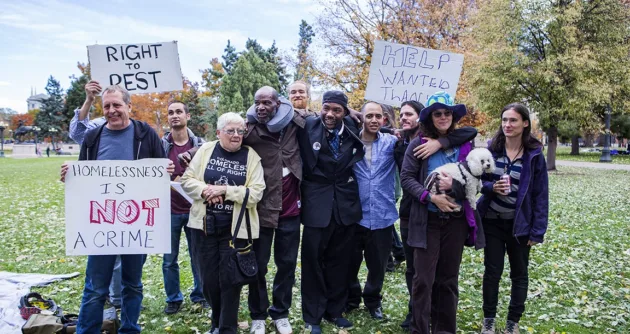
Blog: A Right to Survive is Born in Denver
Wealthy interests seeking to crush human rights in Denver, Colorado, out raised local supporters of the Denver "Right to Survive" initiative 23:1. This is the…

Lake Erie Bill of Rights!
...Erie Bill of Rights (LEBOR) is on the February special elections ballot. Check out news coverage and the growing support for Toledo residents' pioneering efforts…
Press Release: Ecuador Approves New Constitution: Voters Approve Rights of Nature
...its processes in evolution. Every person, people, community or nationality, will be able to demand the recognitions of rights for nature before the public bodies.”…
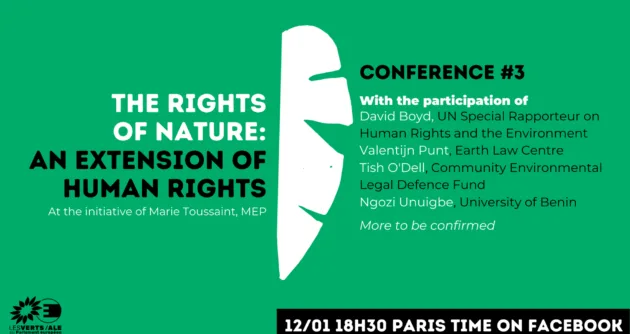
The Rights of Nature: An Extension of Human Rights?
Join us Tuesday 12 January, at 12:30 p.m EST for the third episode of this conference series, entitled “Nature rights: an extension of Human rights?”....
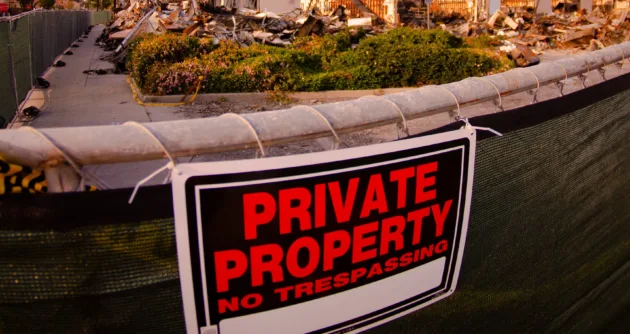
Wouldn’t You Say? – Property
...by law more surely than rights attached to people, like the right to shelter and safety. Beyond the superiority of property rights over human rights,…
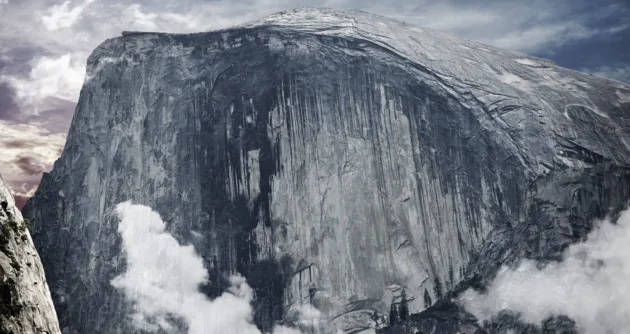
Rights of Nature – 2017 Symposium and Building a Movement
CELDF is leading the Rights of Nature movement, working with communities to change our trajectory and establish the sustainable communities so many envision....

Press Release: Rights of Nature Constitutional Amendment Introduced in Sweden’s Parliament
A representative in Sweden's Parliament introduces Rights of Nature legislation - the first time a European national government considers the rights of ecosystems....

Press Release: Citizen Initiative Removes Corporations from Election Campaigns, Caps Campaign Contributions
Statement on Efforts to Amend the U.S. Constitution following Citizens United
...First Amendment “free speech” rights were violated by federal law which limited corporate spending in elections. Following the ruling, several groups began working to propose…
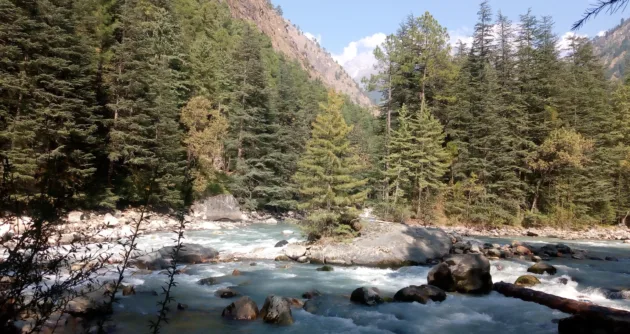
Rights of Nature Principles
...we believe its tenets will remain aspirational at best. Rights of Nature recognizes and honors that Nature has inalienable rights and is not property to…
Blog: The NRA, Gun Violence, and Ceiling Preemption
2016: A Year in Review
What an amazing year - from Pennsylvania, Ohio, and New Hampshire, to Washington and Oregon, people are growing Community Rights and protecting their communities from…
Press Release: Anti-Rights of Nature Language Snuck into Ohio State Budget Bill
State of Ohio inserts anti-Rights of Nature language in the budget bill. In an era of climate crisis and growing efforts to advance ecosystem rights,…
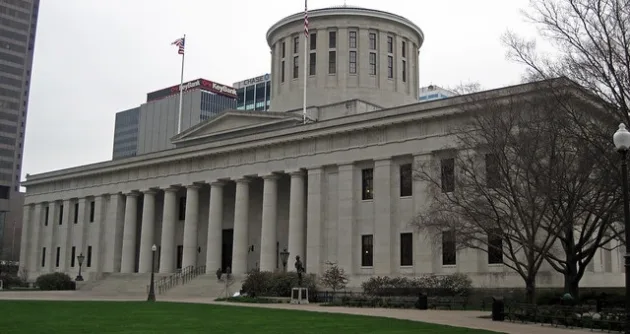
Press Release: EXPOSED: Chamber of Commerce Wrote Ohio Law Banning Rights of Nature Enforcement
Investigation by Ohio citizens finds the Ohio Chamber of Commerce drafted Ohio legislation language to stop Rights of Nature enforcement....

Blog: Ceiling Preemption is UnAmerican
Preemption is used by governments to stop communities from protecting their rights, health, safety, and welfare. It's time to change that - and we can....

Wouldn’t You Say? – From Rights of Nature to Right Relationship
...and institutionalize legal rights, unless they are rights attached to property, wealth, and their accumulation. We are right to advocate for and institute legal rights…

Oxford Human Rights Hub: RightsUp #RightNow – When Human Rights Are Not Enough: Defending the Rights of Nature
Human rights to a healthy environment are gaining recognition - and today, the rights of nature are growing as well. Here, CELDF's Mari Margil speaks…

Guest Blog: Community Rights in Buffalo, NY
...control land use and protect environmental rights, worker rights, democratic rights, and rights of nature in neighborhoods. The city’s daily newspaper ran an op-ed on…

Press Release: Rights of Nature Law Forces Pennsylvania to Revoke Industry Permit
...a “Community Bill of Rights.” The Charter bans injection wells as a violation of the rights of those living in the township and recognizes rights…